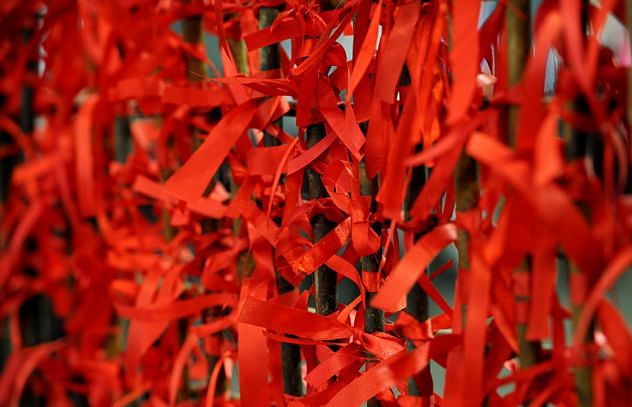New Delhi: Two years since the HIV outbreak in Pakistan’s Sindh province in 2019, more than 1,500 have tested positive for the disease, according to data from the provincial health ministry.
Paediatric specialist Fatima Mir from Karachi told AFP that at least 50 children have died in the last 2 years due to the mass outbreak while 30 others, who live in a small village of Subhani Shar, have tested positive.
Subhani Shar is a few kilometres away from Rato Dero where Pakistan’s largest HIV testing and treatment centre is located.
The incident came to light in 2019 after whistleblower doctor Imran Akbar Arbani uncovered a scandal involving the reuse of needles in southern Sindh province. He discovered an alarming number of babies with HIV infection in Rato Dero, where he runs a private clinic.
By November 2019, out of the 37,272 people screened for the virus in Rato Dero district, 895 tested HIV positive and 754 among these infected were children. Another 1,181 were classified as suspected HIV cases.
The officials accused Muzaffar Ghangro, a physician and a popular child specialist in the district, for causing the outbreak but is currently out on bail. He has denied the accusations and said that “other doctors have pinned the outbreak on him because of his successful practice”.
Following the outbreak, the Pakistan government banned the import of conventional syringes, permitting only single-use auto-lock needles which cannot be re-deployed.
However, Dr Arbani said very little has changed even after the government’s order.
“In the first three months, quacks and unauthorised medical practitioners were banned and their clinics were sealed, but they obtained clearance later on,” he told AFP.
Dr Rafiq Khanani, president of the Infectious Diseases Society of Pakistan, said: “Regulatory departments exist only on documents and in offices…practically, they are ineffective.”
Families who are infected with HIV say they are “doomed” that the government is not providing them antibiotics or multivitamins since they could not afford to buy them themselves.
Also read: Banned Pakistan journalist Hamid Mir apologises & Imran Khan wants all his govt events in Urdu
The HIV crisis
The HIV crisis in Pakistan’s Sindh, however, is just the tip of the iceberg.
Even before the dirty needle scandal broke out, Pakistan saw a 45 per cent rise in HIV cases from 2010-2017, with an annual incidence of 20,000.
According to Pakistan’s National AIDS Control Programme (NACP), nearly 165,000 people are living with HIV nationwide, of whom only 24,331 (15%) are aware of their condition. In 2019, only 17,149 patients registered with NACP have received antiretroviral treatment (ART). Poor awareness and illiteracy in rural areas of the country are likely to have adversely affected the AIDS control programme.
In fact, in January 2019, four months before the HIV outbreak in Sindh, 669 of the 5,000 people who live in Kot Imrana village in Pakistan’s Punjab province tested positive for the disease. This was also traced to a quack who had used the same syringe on multiple patients. More than 96% of these people who were infected were unaware of the modes of transmission of HIV and the consequences of this life-threatening virus.
According to a Lancet study, HIV-related deaths in low and middle income countries, where these diseases are highly prevalent, could increase by up to 10 percent over the next five years.
The study further stated that “interruption to antiretroviral therapy” will have the greatest direct impact on HIV patients during Covid-19.
Also read: Why Pakistan’s opposition is calling this Karachi housing project ‘modern form of colonialism’



